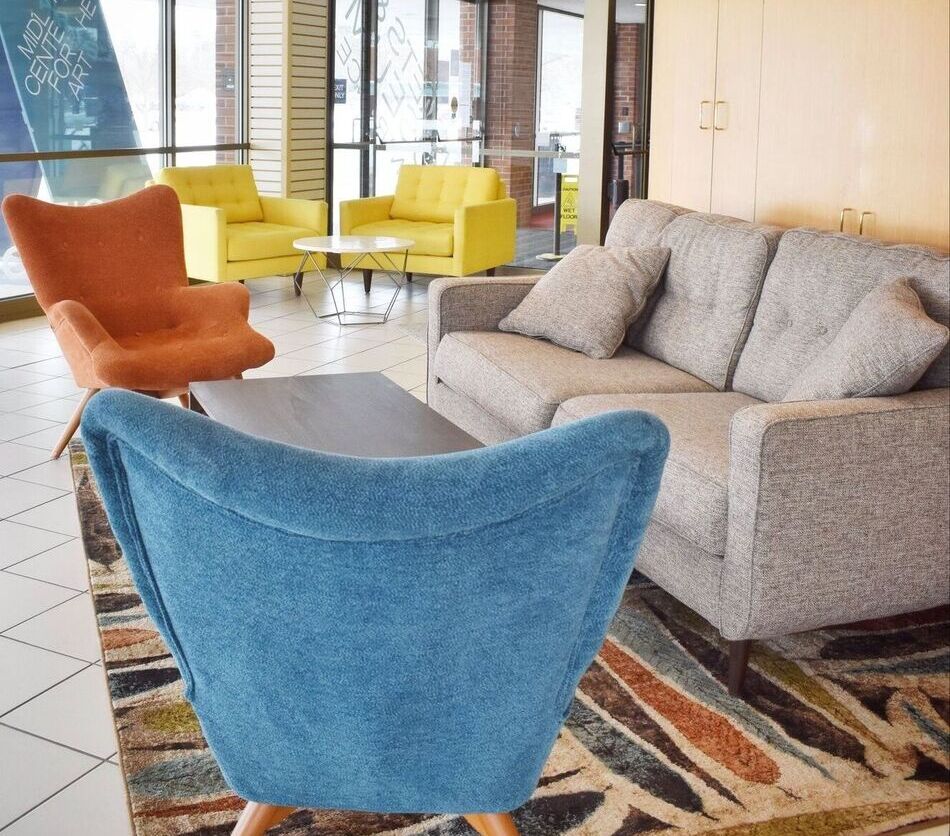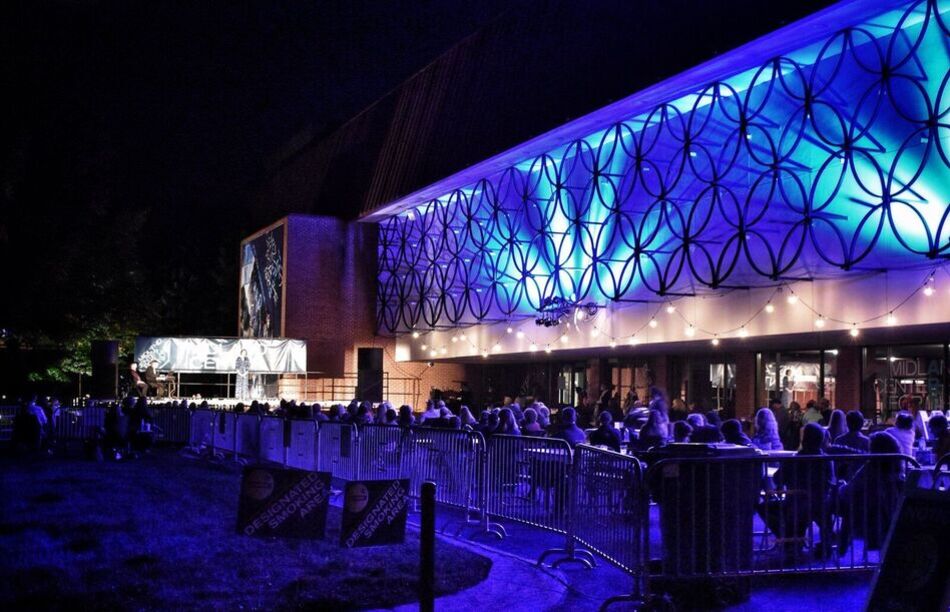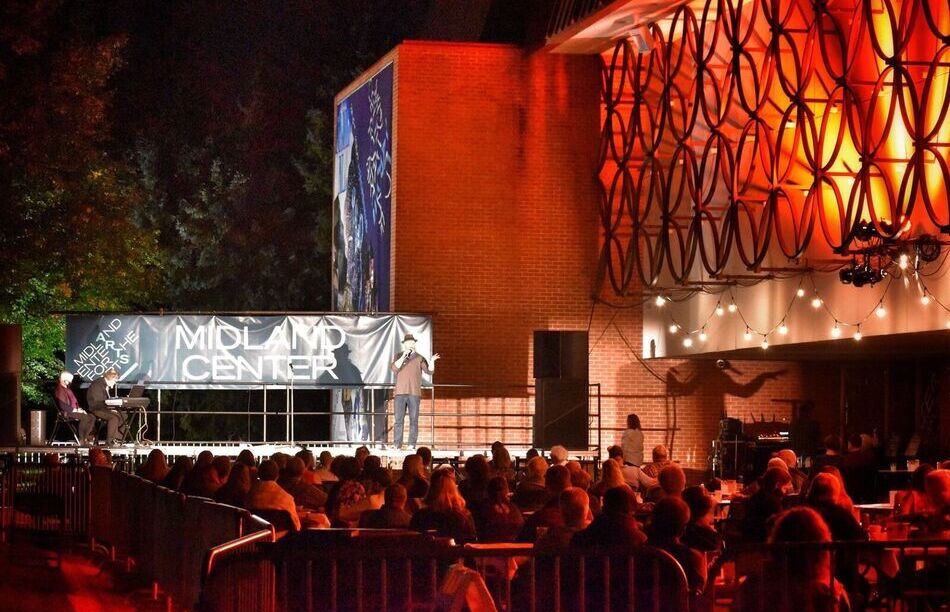Survival Grants Ease COVID-19 Stress for Some Michigan Nonprofits
- Posted On
- Category
The coronavirus crisis has shown no mercy to Michigan’s nonprofit organizations with many struggling to hang on for more than a year now. But help arrived last month thanks to the Michigan Economic Development Corporation’s (MEDC) Michigan Small Business Survival Grant program. Relief totaling $52.5 million was doled out to nearly 6,000 small businesses and nonprofits statewide. The money is a lifeline for local nonprofits struggling to stay afloat. “I was extremely grateful to receive the survival grant,” said Regina Pinney, Michigan Nonprofit Association member and executive director at Nonprofit Network in Jackson County. Her nonprofit experienced a 30% reduction in revenue in 2020, and she says the $3,500 grant they received will be used to cover payroll. Protecting payroll is our number one priority,” said Pinney. “People deliver our mission and making sure they know their job is safe allows them to fully concentrate on helping nonprofits.”
Midland Center for the Arts President and CEO Terri Trotter agrees. Her nonprofit (also an MNA member) received a grant for $20,000—funds that she says will help keep staff on the payroll. “We do not have most of our part-time employees working right now, but we have worked really hard to find ways to keep our whole team intact, and this (grant money) was a huge, huge help with that.”
But even as the nonprofit sector was slammed by the pandemic beginning in March of 2020, Trotter faced yet another devastating crisis: catastrophic flooding. On May 19, 2020, Midland County and its surrounding areas were submerged in water after the Edenville and Sanford dams failed forcing residents to flee their homes. Midland Center for the Arts suffered heavy flood damage including the Historical Society and the Alden B. Dow Museum. “We have essentially two campuses,” Trotter explained. “We have our main campus which is where the theaters are and the big museum, and then we have the historical campus where we’ve got this historical home and collections that make up the Midland County Historical Society. She says damages are in the millions. “We cleaned and dried out, but we’re still working with FEMA and trying to find resources.” Trotter says the biggest impact from the flood was to a room where the flood waters knocked out their high-voltage electrical system. Nearly a year later, the nonprofit only has 60% of its power in the main building. “We’ve been able to sort of let it drag because COVID is here, and it’s not like we’re going to fill the building anyway,” Trotter said. “If it were another year, I have no idea what path we would have taken because we couldn’t have afforded to be closed for this long.”
Reeling from both the pandemic and flooding, Midland Center for the Arts is operating with much less this year in their budget. Trotter says in a normal year without flooding or a pandemic about 40-45% of their overall operating budget is funded through ticket sales and admission. This year, she estimates it will be less than 20%. But nonprofits are quickly learning that survival means being proactive, and so it has been a year of rapid change, growth, innovation, and increased collaboration for Midland Center for the Arts. For starters, they moved a lot of their music programming online. And while that was a crucial pivot, Trotter realized they could do even more-- like taking science and visual art into the classroom. The virtual field trips have been a big hit with schools. Midland offers a variety of workshops for students including programs where kids can learn about water, magnets, the science of flight and even something super cool called Operation Erosion! “We put together a toolkit for the teachers with all of the supplies needed for the activity and teachers can lead the workshop from a different location. It seems to be working well,” Trotter said. Demand for the virtual field trips is so great that Trotter says they are now looking to bring back a couple of their part-time educators to help.

Another key pivot they made was to maximize their space. Visitors are encouraged to stop by and check out their new Pendulum Lounge which celebrates Midland’s history from the middle of the 20th century. Guests can sip on cocktails and enjoy small plates while enjoying live music, visual art demonstrations and much more while still practicing social distancing. And for those who would rather be outdoors on a warm, spring evening, you’re in luck- there is outdoor seating at the lounge. “This pivot on how to bring smaller groups together has really shown us how much people love being outdoors,” Trotter said. “We found out last summer that people responded extremely well to the opportunity to sit outside with something to drink and listen to music.”
Nonprofits are looking ahead and while the future is unknown, they say they will continue to do what they can to ensure their doors remain open. “We have reserves and are willing and ready to use them,” said Pinney. “We will continue to apply for any funding that will allow us to remain focused on helping nonprofits. ”Optimism is what Trotter is clinging to these days. “I can see the light at the end of the tunnel —I’m just not quite sure how long the tunnel is,” she laughed. “But we know that it’s coming and so we’re excited.”
To learn more about the programs and summer concerts happening at Midland Center for the Arts, click here. To learn more about Nonprofit Network in Jackson County, click here.




